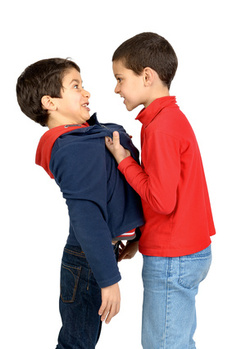
Between 2 and 4 children start to learn to say what they want and aggressive behaviour decreases as they develop more self-control. At the age of 6 to 7 most children are less aggressive, less self-centered and better communicators.
Some children though show hostile aggression (aggressive behaviour to hurt another person) and / or overt aggression (aggression openly directed at its target).
What can set off aggression?
- violent fantasy play
- exposure to aggressive adults and violence
- inconsistent rules (rules that constantly change)
- parents with rules that differs very much
- parenting styles
- aggressive peers.
Children who are punished frequently may:
- have trouble to interpret other people’s actions and words,
- “see” hostile intentions where none exist.
Children who are punished harshly may:
- start to act with aggression as they can feel frustrated, hurt and humiliated,
- hit back, even though a parent’s motivation was to stop aggressive behaviour.
At times punishment is necessary for example when a child hits another child or run out into traffic.
Important things to remember when punishing your child:
- stay calm,
- do it in private,
- aim to gain compliance and not guilt,
- be consistent, immediate and clearly tied to the offence (don’t punish him for other behaviour as well).
Children learn more when parents start to highlight and reinforce their positive behaviour in stead of just focusing on their negative behaviour.
(Source: A child’s world: infancy through adolescence. Papalia, Olds and Feldman)
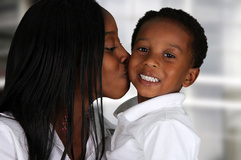
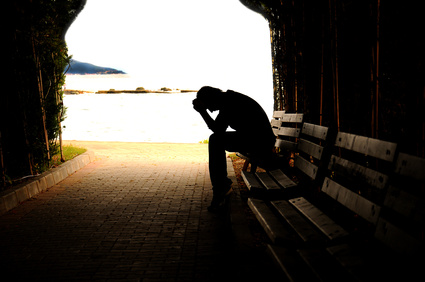
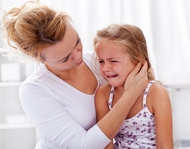
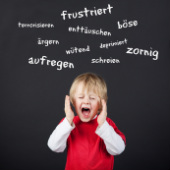
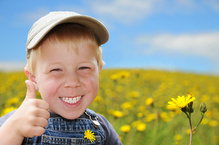

 RSS Feed
RSS Feed
